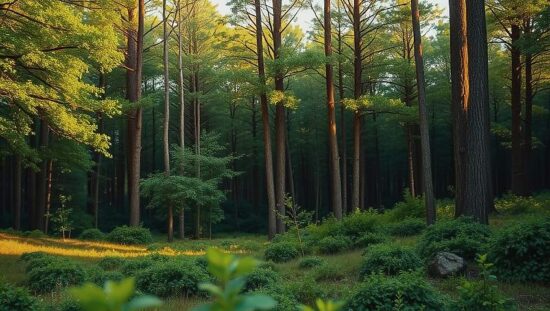The reprieve from widespread bark beetle devastation gripping German forests this year offers a temporary respite, but demands renewed vigilance and a recalibration of forestry policy, according to leading industry figures. Andreas Bitter, President of the German Forest Owners’ Association (AGDW), confirmed to the Rheinische Post that the extensive damage characteristic of previous years has largely subsided in 2025.
This improvement is primarily attributed to widespread and beneficial rainfall which has strengthened the natural defenses of spruce trees, a key species vulnerable to the destructive insect. The abundant moisture has demonstrably bolstered their resilience, allowing them to better withstand bark beetle attacks.
However, Bitter cautioned against complacency. The inherent capacity of the bark beetle to reproduce rapidly means a swift reversal of the current trend remains a serious threat. “The situation can change quickly” he stressed, emphasizing the necessity for forest owners to proactively identify and remove infested trees before the onset of winter.
Beyond individual action, Bitter’s statement implicitly criticizes the current political landscape, calling for a “reliable forestry policy and adjusted support mechanisms”. This signals a growing frustration within the forestry sector regarding perceived inadequacies in government response to the ongoing crisis. Critics argue that while recent rainfall offers temporary relief, deeper systemic issues, including monoculture forestry practices and slow reforestation strategies, remain unresolved and necessitate systemic policy changes to ensure the long-term health and sustainability of German forests, rather than reactive, crisis-driven interventions. The call for adjusted funding implies a need for greater investment in preventative measures, diversification of tree species and innovative forestry techniques.





